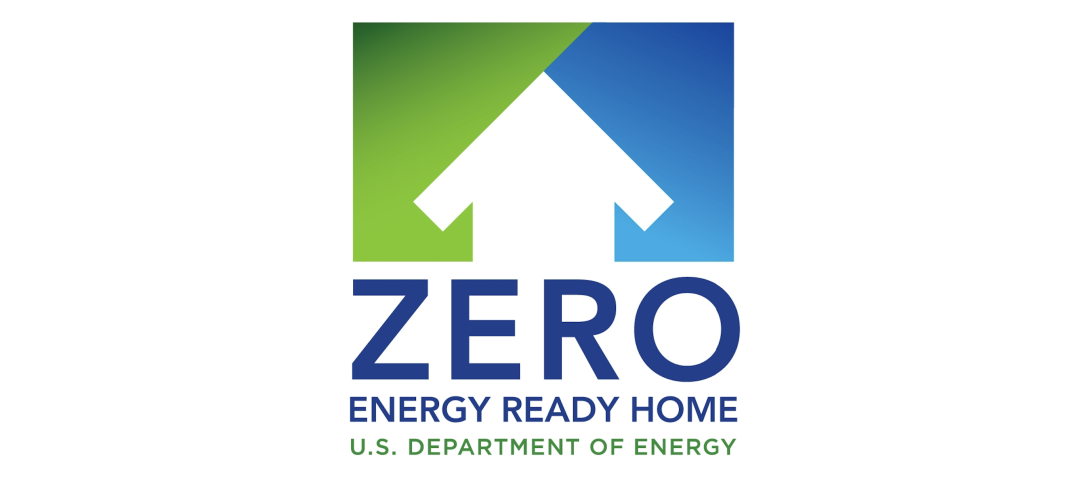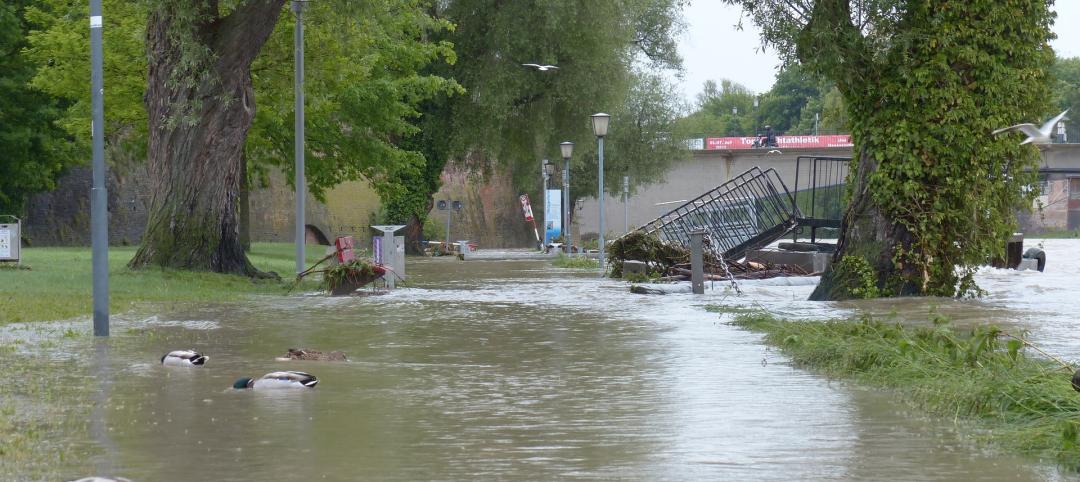Specific disaster mitigation strategies that go beyond the requirements of the 2015 International Codes model building codes could save the nation billions of dollars, according to the National Institute of Building Sciences just issued Natural Hazard Mitigation Saves: 2017 Interim Report.
Investing in hazard mitigation measures to exceed select code requirements can save the nation $4 for every $1 spent, the report says. The report comes on the heels of the nation’s worst year of natural disasters in terms of cost. There were 16 events in 2017 with losses exceeding $1 billion, with total costs of about $306 billion, surpassing the record losses in 2005 by $100 billion.
Effective strategies to exceed minimum requirements of the 2015 I-Codes include:
– For flood resistance (to address riverine flooding and hurricane surge), building new homes higher than required by the 2015 International Building Code (IBC).
– For resistance to hurricane winds, building new homes to comply with the Insurance Institute for Business & Home Safety (IBHS) FORTIFIED Home Hurricane standards.
– For resistance to earthquakes, building new buildings stronger and stiffer than required by the 2015 IBC.
– For fire resistance in the wildland-urban interface, building new buildings to comply with the 2015 International Wildland-Urban Interface Code (IWUIC).
NIBS notes that while mitigation represents an excellent investment, not everyone is willing or able to bear construction costs for more resilient buildings, even if the long-term benefits exceed the up-front costs. Programs to help finance mitigation projects should align incentives from finance, insurance, government and other stakeholders, NIBS says.
Related Stories
MFPRO+ News | Dec 5, 2023
DOE's Zero Energy Ready Home Multifamily Version 2 released
The U.S. Department of Energy has released Zero Energy Ready Home Multifamily Version 2. The latest version of the certification program increases energy efficiency and performance levels, adds electric readiness, and makes compliance pathways and the certification process more consistent with the ENERGY STAR Multifamily New Construction (ESMFNC) program.
Market Data | Nov 27, 2023
Number of employees returning to the office varies significantly by city
While the return-to-the-office trend is felt across the country, the percentage of employees moving back to their offices varies significantly according to geography, according to Eptura’s Q3 Workplace Index.
Codes and Standards | Nov 27, 2023
Hoboken, N.J.’s street design policies are saving lives
Transportation policies enacted in Hoboken, N.J. over the past several years are paying off in the form of fewer pedestrian deaths and injuries. The city has adopted daylighting, bike lanes, lower speed limits, and intersection redesigns to make its roads safer.
Resiliency | Nov 27, 2023
All levels of government need to act to cope with climate-driven flooding and sea level rise
The latest National Climate Assessment highlights the need for local, state, and federal governments to adopt policies to mitigate the effects of climate-driven flooding and sea level rise, according to a policy expert with the National Resources Defense Council.
MFPRO+ News | Nov 21, 2023
California building electrification laws could prompt more evictions and rent increases
California laws requiring apartment owners to ditch appliances that use fossil fuels could prompt more evictions and rent increases in the state, according to a report from the nonprofit Strategic Actions for a Just Economy. The law could spur more evictions if landlords undertake major renovations to comply with the electrification rule.
Codes and Standards | Nov 21, 2023
Austin becomes largest U.S. city to waive minimum parking requirements
Austin, Texas recently became the largest city in the United States to stop requiring new developments to set a minimum amount of parking. The Austin City Council voted 8-2 earlier this month to eliminate parking requirements in an effort to fight climate change and spur more housing construction as Texas’s capitol grapples with a housing affordability crisis.
Codes and Standards | Nov 10, 2023
Washington state building codes to protect structures from wildfire provoke controversy
New building codes in Washington state intended to protect structures from wildfires are provoking backlash from builders, cities, and environmentalists. Critics charge that the rules that are scheduled to take effect March 15 are confusing, will increase housing costs, and could cause too many trees to be cut down.
Sustainability | Nov 1, 2023
Researchers create building air leakage detection system using a camera in real time
Researchers at the U.S. Department of Energy’s Oak Ridge National Laboratory have developed a system that uses a camera to detect air leakage from buildings in real time.
MFPRO+ News | Nov 1, 2023
Washington, D.C., Queens, N.Y., lead nation in number of new apartments by zip code
A study of new apartment construction by zip code showed Washington D.C., and the Queens borough of New York City are the hottest multifamily markets since 2018, according to RentCafe.
Adaptive Reuse | Nov 1, 2023
Biden Administration reveals plan to spur more office-to-residential conversions
The Biden Administration recently announced plans to encourage more office buildings to be converted to residential use. The plan includes using federal money to lend to developers for conversion projects and selling government property that is suitable for conversions.

















